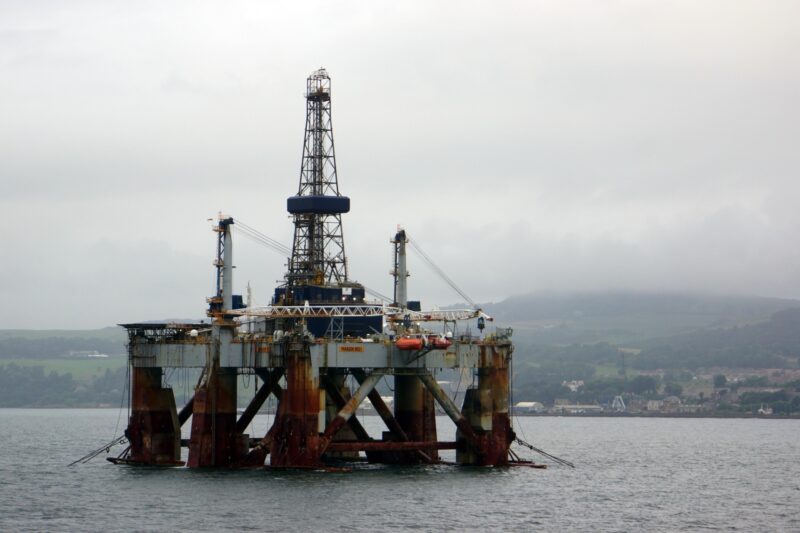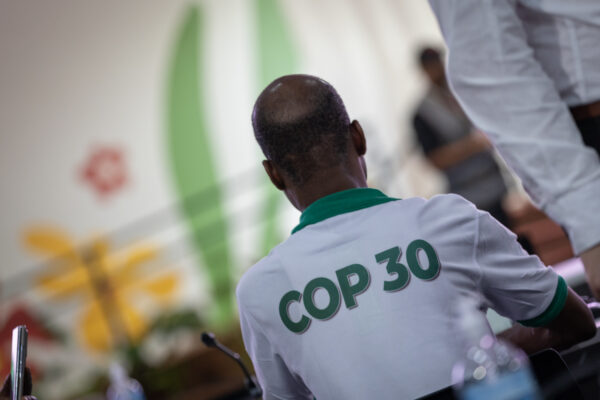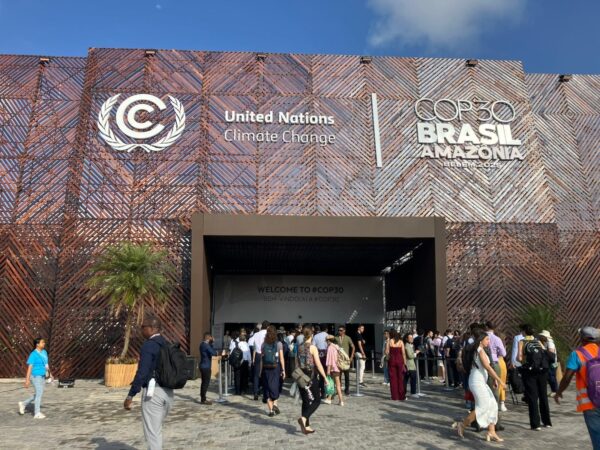Oil majors’ global climate scenarios not Paris Agreement compatible – study
Climate Analytics research analyses global decarbonisation scenarios from large global fossil fuel companies, finding that the scenarios are not in line with Paris Agreement's 1.5°C temperature rise by 2100.
Share

Berlin, 16 August 2022: Global decarbonisation scenarios produced by BP, Royal Dutch Shell and Equinor are incompatible with the climate objectives of the Paris Agreement, according to a new study led by research organisation Climate Analytics.
In the peer-reviewed paper published today in Nature Communications, researchers analysed six institutional scenarios published between 2020 and mid 2021, including four from the oil majors (two from BP), and two developed by the International Energy Agency IEA.
“Most of the scenarios we evaluated would be classified as inconsistent with the Paris Agreement as they fail to limit warming to ‘well below 2 ̊C, let alone 1.5 ̊C, and would exceed the 1.5 ̊C warming limit by a significant margin,” said Dr Robert Brecha, co-lead author of the study.
“Energy system transformation is critical to reaching the Paris Agreement warming limit, and decision makers need sound and transparent scientific assessments. This paper adds to that transparency.”
Most of the evaluated scenarios would be classified as “lower 2°C pathways” (i.e., pathways that keep peak warming below 2°C with a 66% chance or more). Equinor’s ‘Rebalance’ scenario peaks at a median warming of 1.73°C above pre-industrial levels in 2060, BP’s ‘Rapid’ at 1.73°C in 2058, Shell’s ‘Sky’ at 1.81°C in 2069, and the IEA’s sustainable development scenario (SDS) at 1.78°C in 2056.
Only the IEA Net Zero 2050 scenario is aligned with the criteria for Paris Agreement consistency that the researchers applied in the study. BP’s Net Zero scenario results in a median peak warming of 1.65°C, too high to be consistent with the Paris Agreement criteria – every fraction of a degree matters.
Bill Hare, CEO and Senior Scientist at Climate Analytics, said: “Fossil fuel companies claim that we can continue to burn oil and gas while keeping to the 1.5°C warming limit, and they cite their own scenarios as justification. But our research shows that their pathways would bust the Paris Agreement. Even temporarily exceeding the 1.5°C warming would lead to catastrophic impacts and severely weaken our ability to adapt to climate change.”
The researchers compared the analysed pathways to the Integrated Assessment Model scenarios assessed by the Intergovernmental Panel on Climate Change’s Special Report on 1.5°C and evaluated peak and end-of-century temperatures.
In addition to implied temperatures, the authors assessed underlying energy system features that drive emissions pathways and lead to a given scenario satisfying (or not) the Paris Agreement.
The study makes available the tools for policy makers to assess on an equal footing the Paris Agreement claims made for scenarios published by a number of public, commercial and academic institutions.
“Institutional assessments have historically been opaque on climate outcomes. Our study provides a direct line of sight from pathways to temperature. Governments should use these tools to carry out a robust assessment of the energy-system transformation to meet the Paris Agreement goals,” said Dr Matthew Gidden, co-author of the study.











